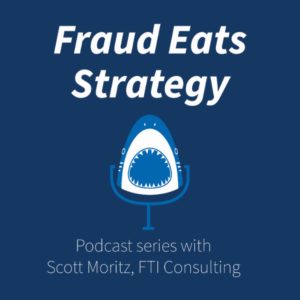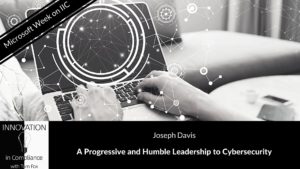
Las Vegas has come to symbolize the commercialization of gambling. Casino gaming has become an extension of the global hospitality and tourism business While the mob may not be the factor it once was, criminals are still attracted to casinos and as a result, illicit money still finds its way into casinos banks despite their devotion of considerable compliance and anti-money laundering resources designed at keeping it out. Financial crisis aside, casinos are the most profitable and desirable centerpieces of global hotel and casino gaming empires.
>
Join us each week as we take a deep dive into the various forms of fraud across the world and discuss crime families, penny stock boiler rooms, international money launderers, narco-traffickers, oligarchs, dictators, warlords, kleptocrats and more.
Scott Moritz is a leading authority on white-collar crime, anti-corruption, and in the evaluation, design, remediation, implementation, and administration of corporate compliance programs, codes of conduct. He is also considered an authority in the establishment, training, and oversight of the investigative protocols carried out by financial intelligence, corporate security, and internal audit units.







